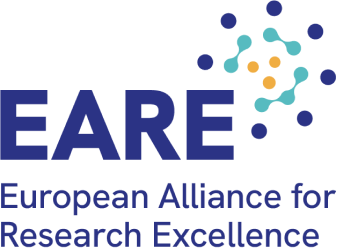
Singapore’s new Text and Data Mining exception will support innovation in the digital economy
As European countries continue the implementation of the Copyright Directive, and its Text and Data Mining exception, an increasing number of jurisdictions are adopting legislations to update copyright rules to the innovative ways content is created, distributed, and used.
The latest is Singapore, where, on 6 July, the Ministry of Law tabled a new Copyright Bill. This bill includes an update of copyright rules for “computational data analysis”, which includes text and data mining and machine learning. The Government proposes a broad exception, covering all data analysis conducted by computers on materials to which the user has lawful access, for all purposes.
More specifically, the new “Division 8” introduces a definition of “computational data analysis” on a work protected by copyright as “using a computer program to identify, extract and analyse information or data from the work” or “using the work as an example of a type of information or data to improve the functioning of a computer program”, such as training algorithms. Caveats to the exception were introduced to provide adequate protection to the rightsholders. These include the prohibition to share the reproduction of the works other than to verify the results or for the purposes of collaborative research.
EARE members warmly welcome the balanced exception proposed by the Singaporean government, which acknowledges key points that we have carried during the entire copyright debate in Europe:
- The distinction between commercial and non-commercial research is artificial and does not reflect the reality of today’s research ecosystem;
- TDM and machine learning are not about enabling access to copyrighted material for free, but on the contrary, they are about understanding the works accessed legally to identify patterns, facts, and correlations locked within these works. As such, the process and results of TDM do not interfere with the economic value or business models associated with publications.
This update of Singapore’s Copyright rules comes as the government recently announced its National Artificial Intelligence Strategy, with the ambitious goal of becoming a “leader in developing and deploying scalable, impactful AI solutions, in key sectors of high value and relevance to our citizens and businesses”. In fact, as was eventually recognised by the European stakeholders, the right exceptions to copyright to conduct Text and Data Mining are required to support the development and training of Artificial Intelligence applications. Without the ability of computers to access and analyse very large amounts of data, employ cognitive technologies to allow the learning of patterns, AI would simply not be possible.
For these reasons, the exception proposed by the Copyright Bill should be seen as a blueprint for other jurisdictions to create an enabling legal environment for their research and innovation ecosystems.


